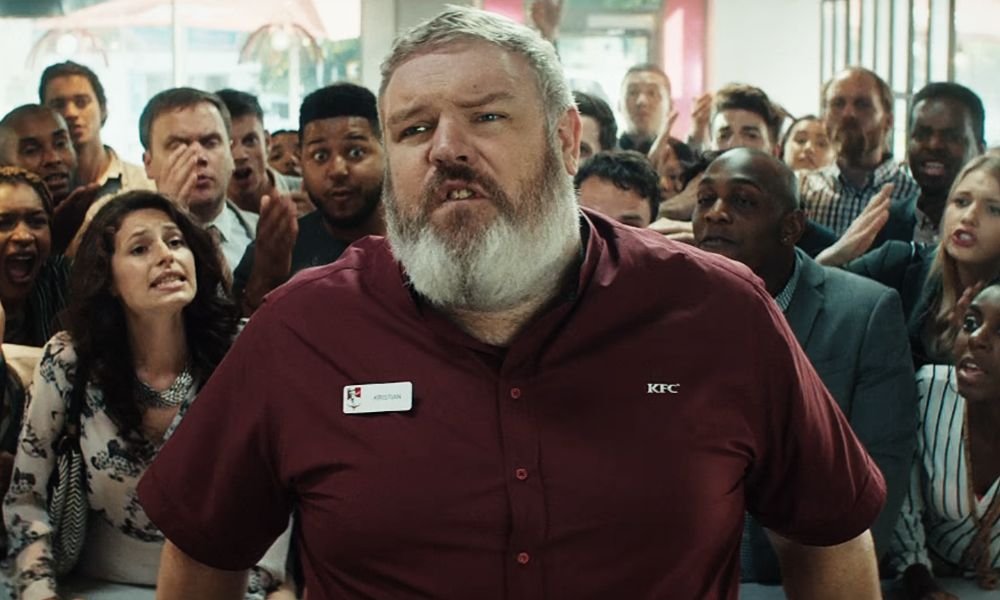
Forget human truth, brands should be talking about human fiction
Mel Arrow
23/11/2018
In an industry obsessed with human truth, surrounded by a world in love with fiction, does advertising need to leave the facts behind, asks Mel Arrow, Strategy Director and Partner at BBH.
I don’t know if you’ve noticed, but Donald Trump is the 45th President of the United States of America.
Meanwhile in England, poor old Lord Sugar is still summoning egotistical entrepreneurs into the BBC boardroom and wanging on about how he once sold aerials out the back of a van in the 14th series of The UK Apprentice. Trump and Sugar, both stars of the same TV franchise, but only one won the biggest prize of them all: leadership of the free world. And just like that society changed. 20th January 2017, the day of Trump’s inauguration, the day a reality TV star became President, marks the day that the lines between reality and fiction in modern society were officially blurred. But, to be fair, we should’ve got a whiff of it with Arnie…
Did The Blurring™ happen because we started playing on our phones so much that the fiction just seeped in without us noticing? Memes are how we communicate, flirt and stay in touch. Bus journeys are portals to space, the Sahara Desert, or whatever you happen to be watching this week. Fiction fills our eyes, ears, brains and our every waking moments. Or perhaps The Blurring™ happened because fiction is escapism and escapism has become even more appealing now that there’s so much to escape from in the world? Or maybe it’s because today’s fiction has never felt so real? Stranger Things isn’t just a TV show, it’s a font, it’s tshirts, it’s a VR experience, it’s a pop up shop, it’s those kid actors that seem to be at every red carpet event way past their bed time (is it just me who’s worried about this?)
As marketeers, we’re told to find human truths. Things we know to be irrefutably real, insightful and concrete. Yet, the world around us is embracing fiction more than ever. So why would we restrict ourselves to the human truths, when we could be tapping into the human fictions as well?
Some of my favourite pieces of recent BBH work have been inspired by fiction.
The Three Billboards inspired Justice4Grenfell campaign borrowed the passion, guts, grit and the very same posters featured in the film’s plot, applying them to a real world issue. The KFC advert for chicken and rice; one big in-joke for Game of Throne fans, where a KFC staff member mimics the character Hodor’s crowning moment. It’s powerful. It humanises brands. It makes them look like fans, tapped into popular culture, and on the same wavelength as the very people they’re trying to attract. In one fell swoop, they become the audience, not the people trying to gain one.
Speaking of fiction, I like books, and here is a lovely quote from The Little Prince by Antoine de Saint-Exupéry;
“What is essential is invisible to the eye.
Today’s most compelling marketing strategies might not derive from a consumer research report. It might not be quantifiable in data. Because when the President is a former reality TV star, posting foreign policy on Twitter. When the biggest game of 2019 will see real people with real phones running to real locations to fight fictional characters from the fictional Harry Potter universe. That’s when you know, there’s as much human truth in fiction as there is in fact.
